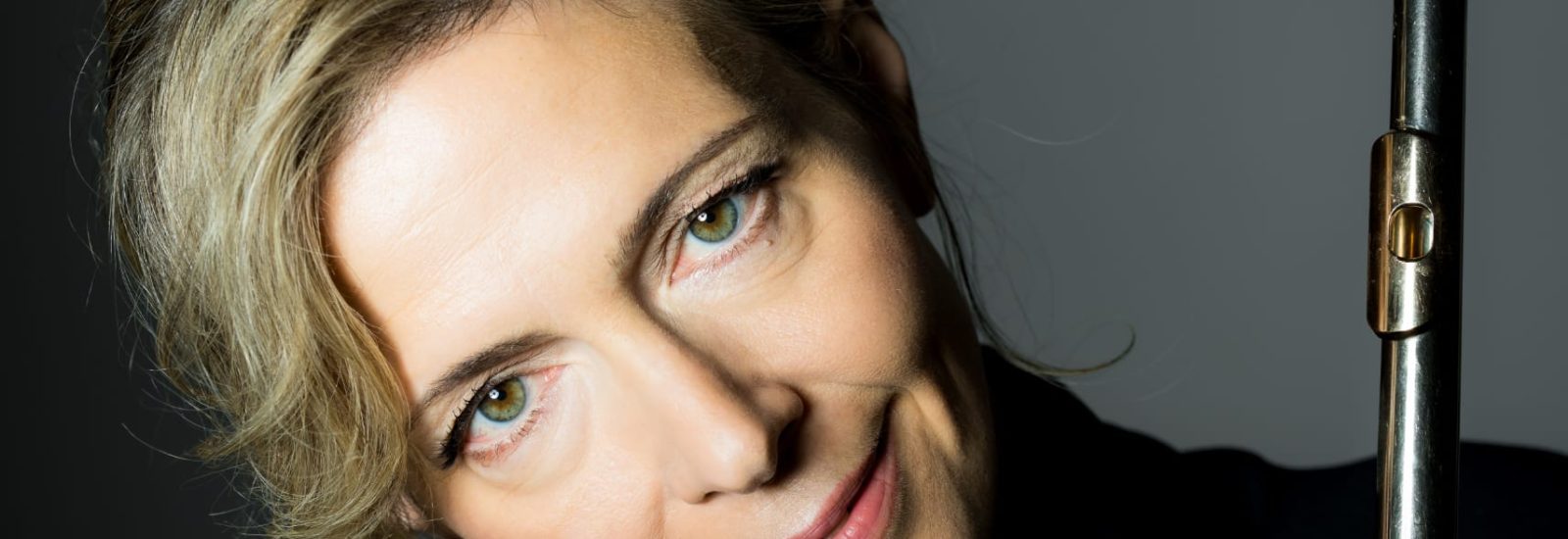
Praised for a rich and melodious sound, flautist Silvia Schiaffino continues to delight audiences with a talent that has been described as “breathing life into every measure of the music.”
Having begun her studies at Milan’s Scuola di Musica di Claudio Abbado under Emilio Vapi, with whom she studied Baroque and Classical repertoire, her innate musicality and talent led to her completing the full curriculum in two years rather than the customary seven.
Following her work with Professor Vapi, she studied in Florence with Michele Marasco and Domenico Alfano, principal flautist of the Teatro Comunale di Bologna, going on later to study with Bruno Cavallo, the celebrated First Flute of Orchestra del Teatro alla Scala.
It was during this time she was also chosen by James Galway to take part in his music festival in Weggis, Switzerland as one of only twenty flautists chosen from around the world.
She continued her studies with Galway and Jean Ferrandis in France, and Berthen d’Hollander in Belgium before going on to work with Raphaelle Trucot Barraya of the famed Orchestra Philharmonique de Monte Carlo.
With an active performance schedule that has taken her not only throughout Europe, including appearances in Milan, Bergamo, Varese, and Monte Carlo, she often performs concerts with guitarists Renato Procopio and Federico Briasco as part of a trio. She has also taught and adjudicated competitions in South America for the Conservatorio Nacional di Lima as part of their Festival Internacional de la Flauta, and performed with the Camerata Giovanile della Svizzera Italiana.
In November 2024, she debuted at Carnegie Hall in New York and performed in a Recital at the Columbus Citizen Foundation in Manhattan.
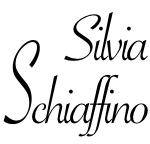
AN INTERVIEW WITH SILVIA SCHIAFFINO
by

Flutist Silvia Schiaffino is at the forefront of a new breed of artists who are taking a thoughtful and more business-oriented approach to their careers. At the core of their work and study is the goal of being valued not so much as celebrities, but as working professionals continuously honing their craft, while also concentrating on strategies that allow them to control more of their own career path.
Breaking the mold of a child prodigy who sometimes begins music studies even before their formal education, Schiaffino is an excellent example of the roles intellect, determination, and raw talent play in the making of success for a classical musician.
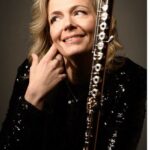
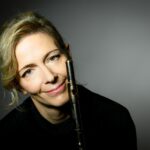
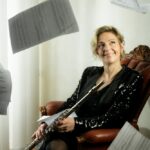
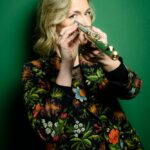
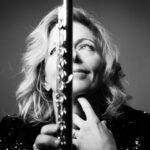
As she prepares for her debut at Carnegie Hall this fall, she shares insights about her own career path, and blueprint for success.
MP: Let’s begin with what I think most readers are interested in knowing. What made you decide to start studying the flute at the age of not six, or even sixteen, but twenty-six?
I had always listened to classical music, ever since I was a child. I went to every live concert I could and was almost always the youngest person in the audience. However, when I heard recordings featuring James Galway I was absolutely fascinated both with his sound and technique, and I decided that I wanted to study the flute as an instrument.
Up to that point I was pretty much self-taught. I had had some training, but in piano and theory. I knew however I wanted to play the flute, and that I couldn’t do it without a formal education. I have always been like that: very determined, very competitive and very focused on setting and achieving goals. For example, when I became interested in swimming I decided that if I was going to do it I was also going to have to go to the Olympics, which led to my winning some national championships in Italy.
I did the same with track and field. I became an athlete, but also ran half-marathons with some excellent results. Looking back on those years I have to laugh a little because all of that running has helped my breath control in playing the flute a great deal.
To answer your question more specifically however, I decided, at age 26, that I didn’t just want to go to conservatory, but that I needed the training, so I auditioned in Milan at the Civica Scuola di Musica Claudio Abbado. I was accepted immediately, even though I was much older than everyone else.
MP: Was it difficult for you being older than all of the other students?
Not really, because of two very important things. First of all, I knew that I wanted to learn how not just to play, but to play really well. Second, all of the teachers who heard me at the audition said I had a very good, natural sound, and this was very encouraging for me. One teacher in particular, Bruno Cavallo, [former First Flute with Orchestra del’ Teatro alla Scala] gave me enormous help with technique. I also studied with Andrea Oliva, [first flute at The Orchestra dell’Accademia Nazionale di Santa Cecilia], who also proved extremely helpful with my sound and overall technique. I knew I wanted to do pursue studies of the flute, so I worked as hard as I possibly could.
MP: You also studied with James Galway. How did this happen and what was it like?
I studied with him during the summer in Switzerland, and also during two master classes in Italy. To be perfectly honest, it was difficult only because I had idolized him for so many years, listening to his records, and learning as much as I could from them. There were also a number of other teachers, and as I worked to learn the instrument I traveled throughout Italy, and also to England, France, and Monte Carlo to study with the best teachers of the instrument.
MP: There are many people who still contend that a musician has to begin the study of an instrument at an early age in order to be proficient at it. How do you respond to such an idea?
First of all, I have always felt that hard work was much more a factor in one’s development with anything than the age at which one starts to study. When I decided to begin studying the flute, I worked with Emilio Vapi. The normal course of study for a wind instrument in conservatory is seven years, but because I worked so hard, I did everything in two years, completing all of the examinations and learning as much as I could and as quickly as I could, which paid off tremendously.
I feel strongly too that it is far less important to focus on when you start than how you want to finish. In other words, I knew that I wanted to be a performer, that I wanted to appear in concerts and play chamber and orchestral music. I also knew that the key to doing this would involve being as prepared as possible with things like music theory and counterpoint, and, of course, having the best sound I possibly could.
There were many things that also helped this process. For example, I had studied and listened to so much music my entire life that from the beginning I had a huge knowledge of much of the standard repertoire for instruments like the piano, flute, guitar, cello and voice, though as a listener, not a performer. This helped because I understood the idiom of classical music, what was required to play it, and how I would have to approach it in order to get really good at playing a classical flute. This too is something that would have been quite different if I had been younger when I started.
Fortunately, from the very beginning, because I was older, I had lived more, and I had a very clear idea of what I wanted. Also, I think that all along the way I knew that my own personal goal was to be my best for me, not for anyone else. If I had started performing at a younger age I would have not had the same goals or aspirations. Starting later meant I had learned the power of work, and also had a better understanding of myself, because I knew what was needed to be good at sports, at business, or at anything where one wants to be successful, and that this is basically hard work more than anything else.
MP: There certainly is no question that all of the hard work is paying off very well for you, as you will be making your Carnegie Hall debut in November. What is that like for you?
Needless to say, I am extremely excited. There is no question that throughout the world Carnegie Hall remains one of the most respected venues for performers, especially classical musicians. Just as important for me however is that I want to use this opportunity as a chance to test myself and to do and be my absolute best. Again, this is where the hard work will pay off the most.
MP: We know that you are represented by Alexander & Buono International, a firm that has a reputation for having helped to guide the careers of some of today’s most important artists. We also know that their Chairmen, Barry Alexander and Cosmo Buono, believe in artists being good business people along with being great musicians. How would you say your own work in business has helped your musical career?
I have to say that it has been extremely helpful, because what you start to realize is that talent on its own is never enough to make a great career. It is the talent, combined with the building of professional relationships, and of course an enormous amount of practice and hard work, all of which together make for success. What I don’t think a lot of musicians realize is that there never really comes a point where you can rely on someone else to do most of the work that is required in making a career. People can sponsor you financially, attend your concerts, and offer endless advice, but the final decisions need to always rest with the artist. You need to know what works and what doesn’t, what feels right, and what is not a good fit.
In order to do that you have to always be thinking about how the next move is going to fit into the career, and how. Barry and Cosmo always say that classical music is a business just like any other, and treating it that way means detaching yourself from your talent and many times thinking about it less as an extension of who you are as a person, and more like a product. When you do that you can worry less about things like whether or not people like you or your playing, because you are always working on giving the best of which you are capable, versus whether or not people like what you did, or even how you sound.
MP: Where do you see yourself in the career in the coming years?
Like everyone who is pursuing a concert career as a soloist, I want to play in as many venues with as many orchestras and chamber groups as possible, while also having solo concerts. I am also very interested in making recordings, as I want to express my own musical and artistic point of view in relationship to the music.
MP: I like to conclude these interviews by asking artists about their own musical influences. To that end, please let us know which artists you look to for inspiration, as well as which composers, and why?
I find I learn the most, as well as gather the most inspiration from listening, not to other flutists, but pianists and violinists, among them Arturo Benedetti Michelangeli, Alexandre Tharaud and Beatrice Rana. For violinists I enjoy Maxim Vengerov, Itzhak Perlman, and Janine Jansen.
